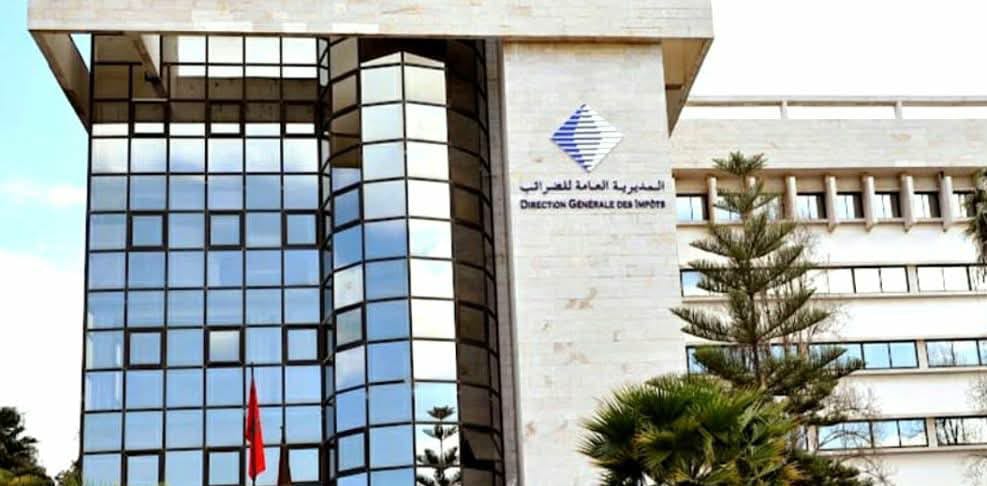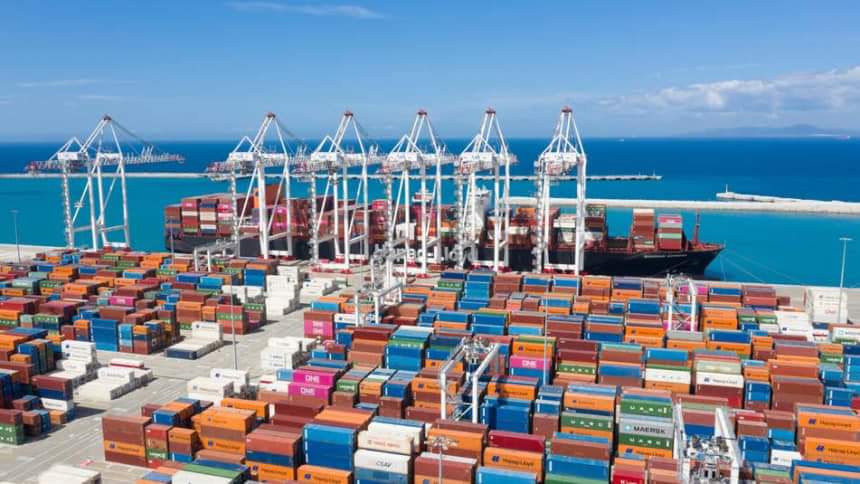Casablanca – Morocco’s General Directorate of Taxes (DGI) reported a historic milestone in tax collection for the year 2024, with net fiscal revenues surpassing $22.7 billion, marking a 16% increase compared to 2023. This achievement not only exceeds the targets set by the 2024 Finance Law but also reflects ongoing efforts to modernize and digitalize tax administration across the kingdom.
Strong fiscal performance above expectations
According to the DGI’s 2024 activity report, the net tax revenues represent 111% of the government’s original target, highlighting robust economic activity and improved tax compliance. In gross terms, overall tax receipts reached $25 billion, showing a 16.1% year-on-year growth and exceeding the finance law’s forecast by nearly 15%.
The DGI attributes this positive outcome to a combination of broader tax base expansion, efficient tax administration, and a steady rise in key sectors’ contributions.
Breakdown of tax revenue by type
The distribution of tax revenues across different categories underscores the dominance of corporate and individual income taxes, as well as consumption-based taxes:
- Corporate tax (IS) accounted for the largest share at 33.7% of total net revenues.
- Personal income tax (IR) contributed 29.1%, reflecting increased formal employment and better compliance.
- Value-added tax (VAT) made up 19.5%, demonstrating strong domestic consumption and improved VAT collection mechanisms.
- Registration and stamp duties (DET) represented 11.7%.
- Social solidarity contributions on profits and income accounted for 3.4%.
- Penalties and other taxes together constituted 2.3%.
- Other mandatory contributions managed by the DGI added up to 0.3%.
Year-on-year growth rates within key categories were particularly notable, with net revenues rising by 12.9% for corporate tax, 18.9% for personal income tax, 23.8% for VAT, and 7.2% for registration and stamp duties.
Enhanced taxpayer registration and digitalization
The report also highlights significant advancements in taxpayer registration and digital services. In 2024, the DGI registered 131,212 new taxpayers, of which 47% were professional individuals and 53% legal entities. Notably, self-employed entrepreneurs accounted for 62% of newly registered professionals, signaling growth in the informal-to-formal economic transition.
To improve accuracy and reliability of tax data, the Finance Law 2023 introduced a register for inactive businesses — entities that have neither declared any activity nor fulfilled tax obligations for three consecutive years. Those companies are required to declare cessation within 30 days of notification or face automatic registration as inactive. In 2024, the DGI deployed an automated system to identify such inactive taxpayers, reinforcing data integrity and compliance controls.
Additionally, 212,303 recoveries of the company identification number (ICE) were recorded, split between 61% for legal entities and 39% for professional individuals. The total number of self-employed individuals registered reached 440,916, a 2% increase compared to 2023.
Digital transformation drives efficiency
Digitalization remains a cornerstone of Morocco’s tax reform strategy. In 2024, the DGI processed over 24.5 million electronic transactions, marking an 8% increase from the previous year. These transactions cover:
- Online tax payments (48.7% of total digital operations)
- Electronic tax declarations (20%)
- Online certificate requests (18.9%)
- Digital purchase of fiscal stamps (6.6%)
- Document filings (5.7%)
- Electronic complaints (0.05%)
Together, e-payments, e-filings, and online certificates represent 87.6% of digital interactions, with e-filings alone growing by 7%, including increases in corporate tax (+8%), personal income tax (+11%), and VAT (+6%). Online payments rose by 7%, and certificate requests increased by 14%. Remarkably, 91.2% of total tax revenues were collected through digital payments in 2024.
A key innovation was the launch of the Digital Economy Compliance Tool, a platform that facilitates VAT registration, declaration, and payment for foreign companies providing digital services in Morocco via SWIFT transfers.
New measures to facilitate tax compliance
The DGI also introduced a new guarantee system to support VAT exemption on purchases, both domestically and for imports, covering sectors such as investment projects, private education, vocational training, and international transport vehicles. Taxpayers now submit a certificate of guarantee deposit to benefit from VAT exemptions on imports.
Furthermore, reporting rules have been expanded to include taxpayers under the Single Professional Contribution (CPU) regime, simplifying compliance requirements.
To enhance service security, the DGI continued to upgrade its SIMPL platform, integrating new payment functionalities, signing contracts with digital payment providers, absorbing service fees, and expanding payment options, including for fiscal stamps.
Tax refunds and reimbursements
The DGI’s report also underlines the increase in tax refunds, reliefs, and reimbursements, which totaled nearly $2.27 billion in 2024. This represents a 19.6% increase compared to 2023 and surpasses the initial target by 68%, showing the administration’s commitment to transparency and timely tax adjustments.
Morocco’s tax administration in 2024 achieved a remarkable fiscal revenue performance amid significant digital transformation and administrative reforms. The continued modernization of tax processes, combined with expanded taxpayer registration and improved compliance measures, positioned the country to exceed its revenue targets and enhance the efficiency and transparency of its tax system.
















